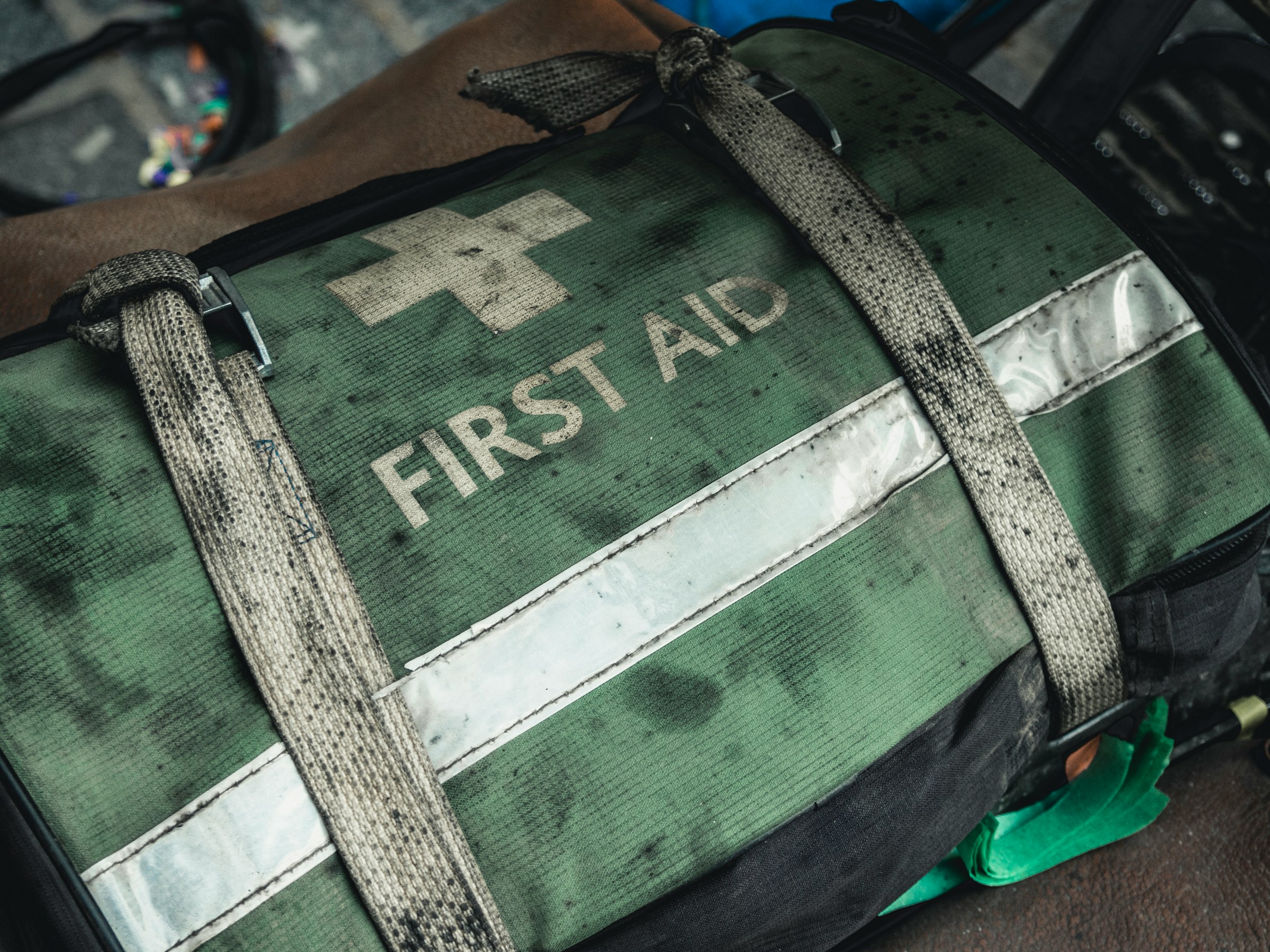The Gaza blockade is no longer just a crisis of food insecurity. It is a signal of sovereign dysfunction—where traditional guardrails of wartime conduct, cross-border aid mechanisms, and humanitarian coordination have collapsed under competing strategic logics. The paralysis in aid delivery now serves as a litmus test of institutional alignment, regional credibility, and capital posture among major powers.
More than 100 humanitarian and rights groups—including the Norwegian Refugee Council and Refugees International—have issued an unprecedented joint warning: aid is being blocked, starvation is accelerating, and even aid workers are going hungry. These are not rhetorical flourishes. They are indicators of a system at the edge of policy breakdown.
The immediate trigger is not new: Israel’s military siege of Gaza, which has persisted through phases of total supply restriction, partial blockade, and bureaucratically fragmented humanitarian access. But what shifted in recent weeks is the convergence of three factors:
- Complete depletion of international humanitarian stockpiles.
- Reported starvation deaths for the first time in the conflict.
- Mass casualty incidents linked directly to food line shootings.
This isn’t merely war fatigue. It’s structural signal collapse. The mechanisms through which states negotiate ceasefires, enable civilian access, and deconflict aid corridors have degraded—either bypassed, deactivated, or co-opted by strategic actors.
Several institutional exposures are now in plain view.
First is the aid-to-sovereign channel. Agencies like the UN, NRC, and Mercy Corps depend on cooperation frameworks that assume a minimum threshold of access. With Israel denying operational legitimacy to key UN agencies and rejecting neutrality claims, the foundational premise of multilateral humanitarian delivery is under siege.
Second is the sovereign credibility exposure of countries like the US, Qatar, and Egypt—who have invested both financial capital and diplomatic leverage into standing up parallel delivery mechanisms (e.g., the Gaza Humanitarian Foundation). That foundation, backed by Washington, is now itself facing allegations of bias, access failure, and fatal targeting incidents.
Third is the cross-border aid fragility of Arab and European states that have pledged aid but cannot operationalize delivery. These nations are exposed not just reputationally, but strategically, as their inability to enforce safe passage or provide logistical backing erodes confidence in their regional influence.
There is no functioning regulatory response to this blockade. The Israeli government maintains formal control over all access points into Gaza, including Kerem Shalom. But the fragmentation of control—between the military, COGAT, and judicial interventions—has paralyzed coordination. What remains is a siege-with-bureaucracy structure, designed less for resolution than containment.
Traditional liquidity levers—like food-for-cash programs, fuel delivery, or conditional corridor access—have also collapsed. The blockade’s architecture has neutralized even third-party workarounds, rendering Egypt’s Rafah crossing ineffective, and air drops insufficient for scale.
The international aid system, as a capital flow mechanism, is being actively de-risked by donor fatigue and security threats. Major INGOs report staff starvation. That’s not logistics failure. That’s capital flow fracture.
This isn’t a classical capital market flight. But it is triggering a moral capital flight—the quiet retreat of sovereigns from coordination roles they once claimed. The US, while nominally backing humanitarian channels, is increasingly isolated as European and Arab partners signal frustration with its unwillingness to pressure Israel beyond rhetorical appeals.
Meanwhile, Iran, Turkey, and other actors are recalibrating their proxy engagement posture—not through direct aid, but by reshaping regional alliances around the optics of resistance versus abdication. This creates a bifurcated narrative: Western-aligned states are seen as impotent or complicit, while challengers position themselves as responsive, regardless of operational capability.
Israel, for its part, continues to claim that the aid blockade is necessary to prevent diversion to militant groups. But the denial of famine reality—despite independent verification—is a strategic risk in itself. The erosion of factual consensus further distances the possibility of multilateral intervention.
What this crisis exposes is not just the failure of aid delivery—but the erosion of cross-border humanitarian norms as sovereign behavior hardens into unilateral prerogative. The idea that humanitarian corridors are sacrosanct has given way to risk-priced access, tactical delay, and death-by-procedure.
For sovereign allocators and multilateral policymakers, this is a reminder that humanitarian capital flows are political instruments, not neutral utilities. And when those instruments break, what follows isn’t just humanitarian fallout—it’s institutional discrediting, diplomatic disengagement, and a recalibration of soft power strategy.
What makes this moment strategically distinct is that no credible coordinating bloc has emerged to reset the norm. The UN’s authority is undermined, the EU is fragmented, and the Arab League lacks operational leverage. Even nonaligned states, often vocal in crisis mediation, are hedging behind rhetorical postures. That vacuum is not benign. It signals a world where access, neutrality, and protection are no longer assumed in conflict zones—but contested and monetized. Israel’s siege may be military. But the global silence, fragmentation, and conditionality that follow are signals of how sovereign credibility is being redefined—not by law, but by leverage.













-1.jpg&w=3840&q=75)
.jpg&w=3840&q=75)
